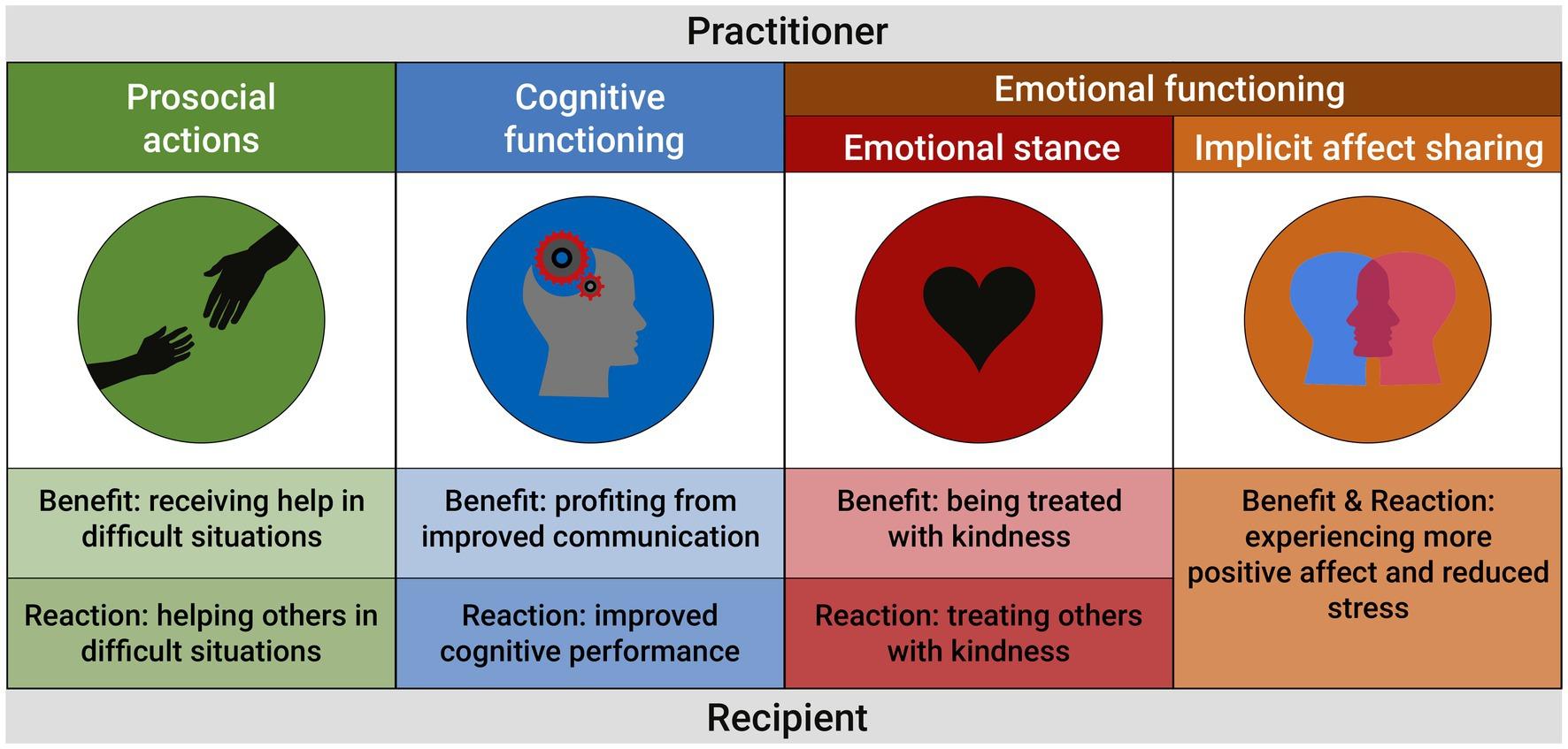In the relentless whirlwind of modern life, where deadlines loom and responsibilities mount, burnout has emerged as a silent epidemic, quietly eroding the vitality of countless individuals. As stress levels rise and mental exhaustion becomes commonplace, the search for effective recovery methods intensifies. Enter meditation, an ancient practice revered for its promise of tranquility and clarity. But can this age-old discipline truly serve as a remedy for the modern malaise of burnout? In this exploration, we delve into the role of meditation in burnout recovery, examining its potential as both a balm for the weary soul and a practical tool for rejuvenation. Through the lens of science and personal testimony, we aim to unravel whether meditation is a genuine antidote to burnout or merely a serene distraction in a world demanding more than just peace of mind.
Exploring the Science Behind Meditations Impact on Burnout
The intricate relationship between meditation and burnout recovery is a fascinating area of exploration. Scientific studies suggest that meditation may help alleviate the symptoms of burnout by promoting a state of relaxation and mindfulness. By engaging in regular meditation, individuals can potentially enhance their awareness and acceptance of the present moment, which may reduce stress levels and increase emotional resilience. This can lead to improved cognitive function, allowing individuals to better manage their workload and emotional responses.
Research has highlighted several mechanisms through which meditation might impact burnout recovery:
- Reduction in Stress Hormones: Meditation practices have been linked to decreased levels of cortisol, a hormone associated with stress.
- Enhanced Emotional Regulation: Regular meditation can improve the ability to regulate emotions, which is crucial for handling the emotional exhaustion characteristic of burnout.
- Improved Sleep Quality: By promoting relaxation, meditation can lead to better sleep, which is essential for recovery from burnout.
- Increased Focus and Attention: Mindfulness meditation, in particular, has been shown to enhance concentration and attention span, aiding in productivity and efficiency.
While more research is needed to fully understand the scope of meditation’s effects, these findings provide a promising outlook on its potential benefits for those struggling with burnout.
Practical Meditation Techniques for Everyday Stress Relief
In the quest to alleviate the daily pressures of modern life, meditation emerges as a beacon of tranquility. It offers a repertoire of techniques that can be seamlessly integrated into daily routines, effectively transforming stress into serenity. Mindful Breathing stands as one of the simplest yet most powerful tools. By focusing on each inhale and exhale, individuals can anchor themselves in the present moment, allowing stress to dissipate like a passing cloud.
Another technique gaining popularity is Body Scan Meditation. This involves mentally scanning the body from head to toe, acknowledging areas of tension, and consciously releasing them. Additionally, Guided Imagery can transport the mind to serene landscapes, fostering a sense of peace and relaxation. These practices can be easily incorporated into short breaks throughout the day, providing a mental reset and fostering resilience against stress. Embracing these methods not only nurtures mental well-being but also equips individuals with the tools to navigate life’s challenges with grace.

Integrating Mindfulness Practices into a Busy Schedule
Incorporating mindfulness practices into a hectic lifestyle can initially seem daunting, yet it offers a practical pathway to reducing stress and fostering recovery from burnout. The key lies in making these practices accessible and seamlessly integrating them into your daily routine. Here are a few strategies to help you weave mindfulness into your day:
- Micro-Meditations: Dedicate just 5 minutes during your lunch break or right before bedtime to a short meditation session. Use apps or guided audio to stay focused.
- Mindful Breathing: Practice deep breathing exercises while commuting or waiting in line. This can help center your thoughts and reduce anxiety.
- Walking Meditation: Transform your daily walk into a meditative experience by paying close attention to each step and the sensations in your body.
By embedding these simple yet powerful techniques into your schedule, you not only make room for meditation but also create pockets of tranquility throughout your day. This approach not only aids in burnout recovery but also enhances overall well-being.

Evaluating the Long-term Benefits of Meditation for Burnout Recovery
Meditation has emerged as a promising tool for those navigating the turbulent waters of burnout recovery. The practice offers more than just a temporary respite; it potentially reshapes how individuals manage stress and emotional exhaustion over the long haul. By fostering a state of mindfulness, meditation encourages a deeper awareness of one’s thoughts and emotions, creating a buffer against the relentless pressures of modern life.
Key long-term benefits include:
- Improved Emotional Regulation: Regular meditation practices can help in cultivating emotional resilience, allowing individuals to respond to stressors more effectively.
- Enhanced Focus and Clarity: Meditation can sharpen mental faculties, making it easier to prioritize tasks and manage workloads without feeling overwhelmed.
- Greater Self-Awareness: By encouraging introspection, meditation aids in recognizing early signs of burnout, enabling timely interventions.
While the journey to burnout recovery is deeply personal and varies from person to person, integrating meditation into daily routines may offer a sustainable pathway to healing and long-term well-being.
In Summary
In the intricate dance between the demands of modern life and the quest for inner peace, meditation emerges as both a mirror and a balm. While it may not be the singular solution to the multifaceted challenge of burnout, its role in recovery cannot be dismissed. It invites us to pause, breathe, and listen to the whispers of our own minds, offering a sanctuary where resilience is nurtured. As we navigate the complexities of burnout, meditation stands as a gentle ally, not a panacea, but a tool that may guide us back to balance. whether effective or not, its true power lies in its ability to open a dialogue with ourselves, inviting reflection and fostering a deeper understanding of what it means to be well.
